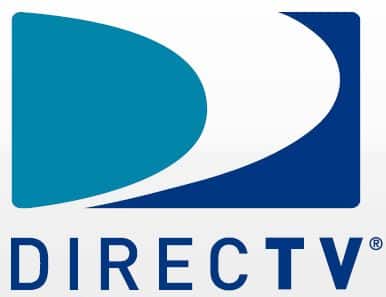 Santa Monica, CA — Consumer Watchdog, the California-based non-profit that sued DIRECTV for abusive practices 7 years ago on behalf of overcharged consumers, hailed the Federal Trade Commission’s decision to take legal action against the satellite company for similar anti-consumer practices.
Santa Monica, CA — Consumer Watchdog, the California-based non-profit that sued DIRECTV for abusive practices 7 years ago on behalf of overcharged consumers, hailed the Federal Trade Commission’s decision to take legal action against the satellite company for similar anti-consumer practices.
And it said the FTC’s sister agency, the Federal Communications Commission (FCC), must require that DIRECTV cease its anti-consumer policies as a condition of the agency’s approval of AT&T’s proposed $47 billion purchase of DIRECTV – reiterating a letter Consumer Watchdog sent to the FCC on February 25.
“The FTC action highlights the onerous anti-consumer practices that DIRECTV continues to use today, particularly the $480 ‘early cancellation fee,’ hidden in the fine print, that prevents abused customers from taking their business elsewhere,” said Harvey Rosenfield, founder of Consumer Watchdog and one of the lawyers in the court case against DIRECTV. “As we said in a letter to the FCC last month, it is impossible to envision the FCC approving AT&T’s purchase of DIRECTV without requiring DIRECTV to stop its illegal and unfair practices.”
Consumers Challenge DIRECTV Misconduct in Court
In response to complaints from DIRECTV customers, Consumer Watchdog attorneys filed a lawsuit in California state court in 2008 challenging these practices on their behalf. It alleges that:
• DIRECTV imposes a mandatory service term of eighteen to twenty four months; few customers are aware of this condition prior to signing up. The company routinely extends this “contractual obligation” by another year or two if malfunctioning equipment needs to be replaced, or the customer decides to make a change to programming or other services.
• Customers who terminate service are charged an “early cancellation fee” of up to $480, regardless of the reason, plus a “deactivation fee.” Customers are forced to pay these penalties even if their equipment could not be installed, they moved and DIRECTV service isn’t available in the new location, or the equipment stopped working.
• DIRECTV often charges these cancellation fees directly to their customers’ credit cards, or even takes the funds out of their checking accounts, without the knowledge or approval of the customer. Many customers who were victimized by this practice incurred substantial additional bank fees as a result. Many others could not afford the fee and were locked into poor or no service for years as a result.
The suit seeks an injunction stopping DIRECTV from charging the “early cancellation fee.”
Seven years later, DIRECTV is still fighting the case in the courts, arguing unsuccessfully that its customers are bound by an arbitration clause barring lawsuits against the company. DIRECTV has petitioned the U.S. Supreme Court to review the case. A decision on whether the high court will take the case is expected in the next few weeks.
The FTC’s complaint, filed in U.S. District Court in San Francisco, notes that “DIRECTV sought to lock customers into longer and more expensive contracts and premium packages that were not adequately disclosed. It’s a bedrock principle that the key terms of an offer to a consumer must be clear and conspicuous, not hidden in fine print.”
Read more about the consumer lawsuit against DIRECTV brought by Consumer Watchdog: http://www.consumerwatchdog.org/case/fighting-unfair-cancellation-policies-imburgia-and-greiner-v-directv
Read Consumer Watchdog’s letter to the FCC about the DIRECTV/AT&T merger: http://www.consumerwatchdog.org/resources/ltratt-dtvmerger022515.pdf
The FTC’s complaint against DIRECTV can be found here:
https://www.ftc.gov/news-events/press-releases/2015/03/ftc-charges-directv-deceptively-advertising-cost-its-satellite
The FCC docket for the proposed AT&T/DIRECTV merger can be found here:
http://www.fcc.gov/transaction/att-directv
– 30 –
